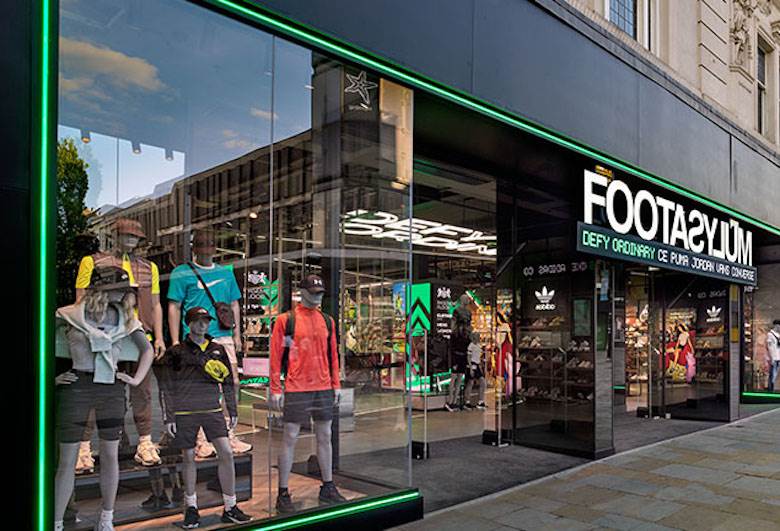Competition authorities say JD Sports must sell Footasylum

Sports footwear and clothing retailer JD Sports has said a new ruling from the UK’s competition authorities on its acquisition of rival group Footasylum “defies logic”.
On November 4, the Competition and Markets Authority (CMA) instructed JD Sports to sell Footasylum. It said the takeover could lead to a substantial reduction in competition and a worse deal for customers and insisted that it would oversee the sale of Footasylum and approve the purchaser to make sure Footasylum “will be run as a fully independent competitor”.
This case has been rumbling on since JD Sports began acquiring Footasylum equity in early 2019. After the CMA originally blocked the acquisition in 2020, JD Sports appealed. The sports retail group argued that keeping shoes and clothes in bricks-and-mortar shops was to offer a good service to consumers. It said the direct-to-consumer (DTC) strategies athletic footwear and apparel brands now have in place were making it harder for companies like JD to keep shops well stocked and successful on high streets.
JD Sports’ executive chairman, Peter Cowgill, explained at the time that companies like his were in the unusual position of having to rely on major sports brands to supply product and, at the same time, compete increasingly fiercely against the same brands, whose direct-to-consumer sales were providing an increasingly important proportion of revenue.
Following the November 4 announcement, Mr Cowgill said the CMA had appeared to understand that the Footasylum acquisition gave JD “no incentive to raise prices or worsen its offer” to shoppers. He insisted that the CMA had accepted that JD’s most important competitors were the international brands’ own DTC operations.
Mr Cowgill added that the CMA had, nevertheless, concluded that the competitive threat from DTC did not apply to Footasylum just as much as it does to JD Sports and that owning Footasylum would give JD an opportunity, in the face of competition from the brands themselves, to put high street prices up.
He said: “We would suggest that the CMA is in a minority of one in reaching this conclusion. It continues to be inexplicable to anyone who understands what difference the pandemic has made to UK retail and how competition and the supply chain in our markets actually work. It is deeply troubling at a time when the UK high street has been seriously damaged already and is vulnerable to further closures.”










